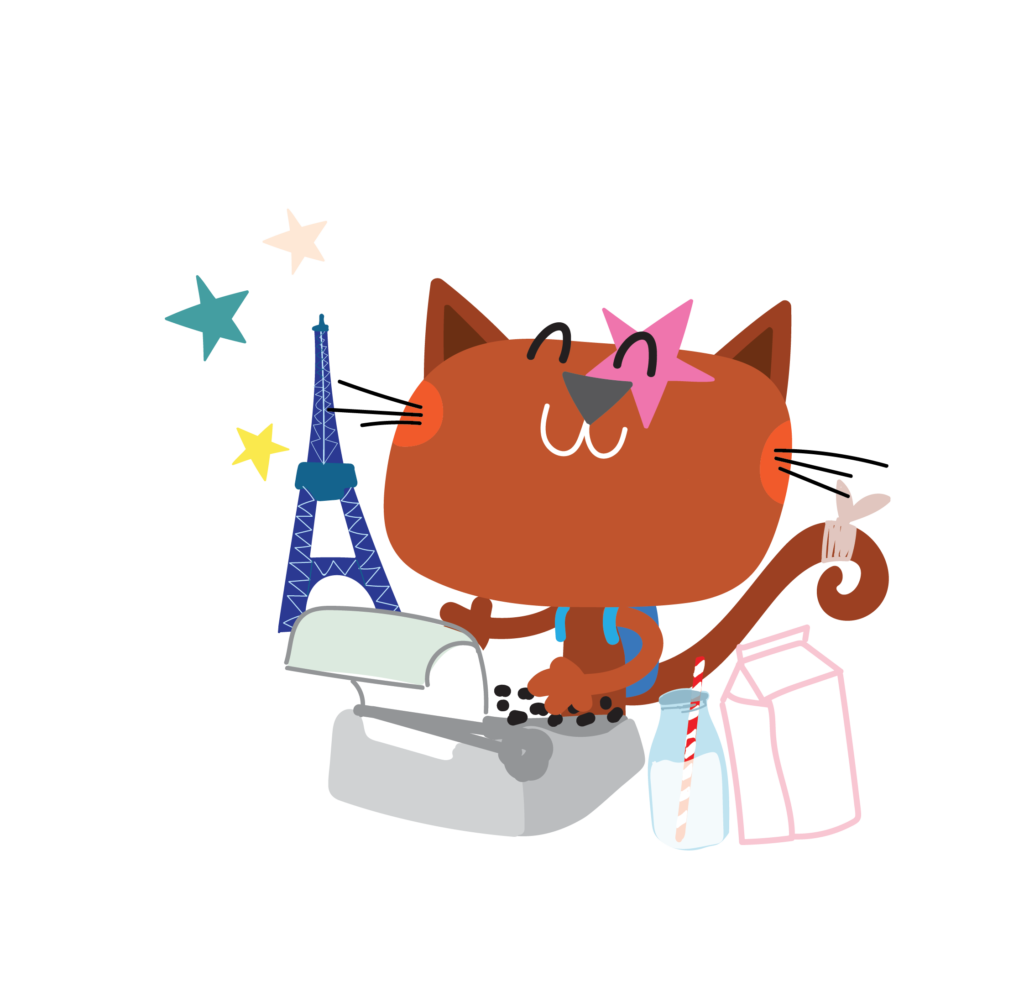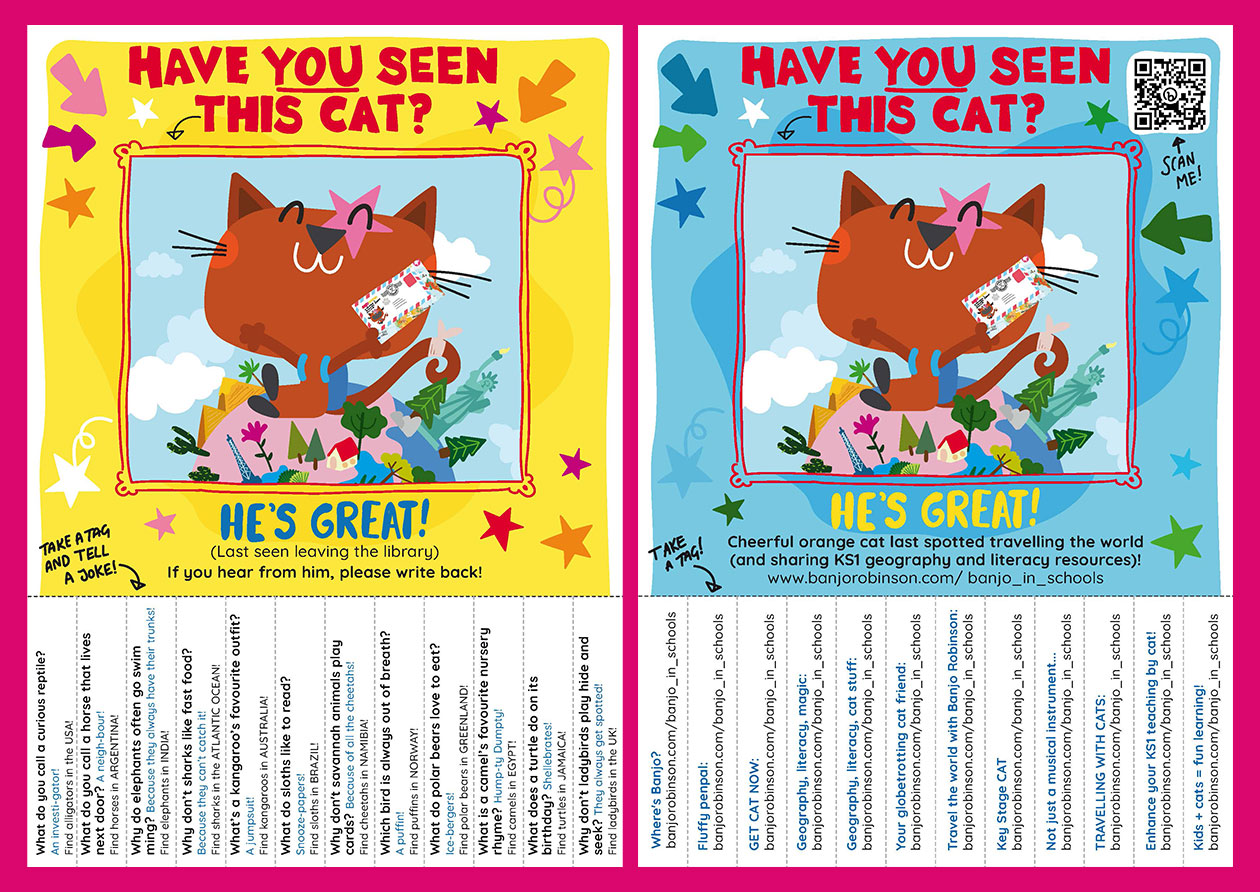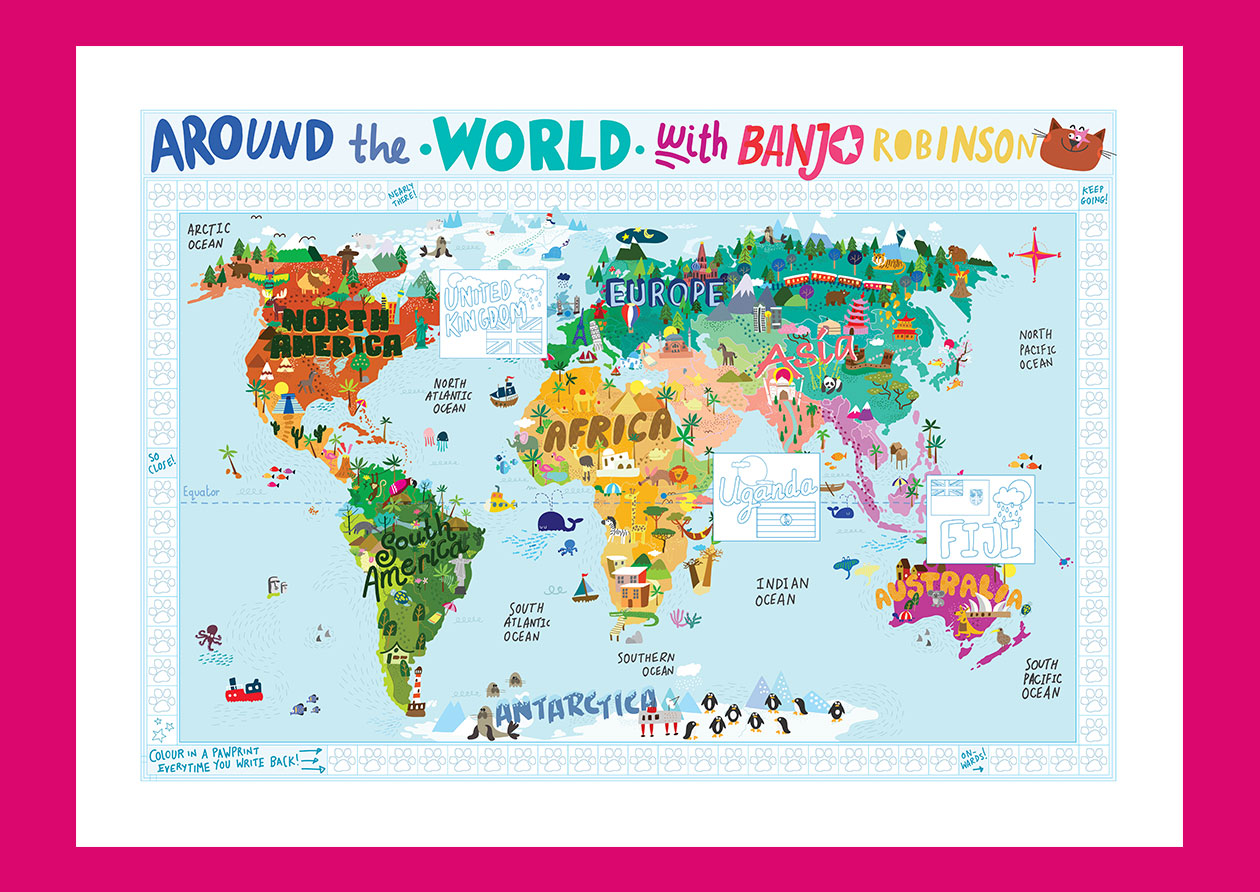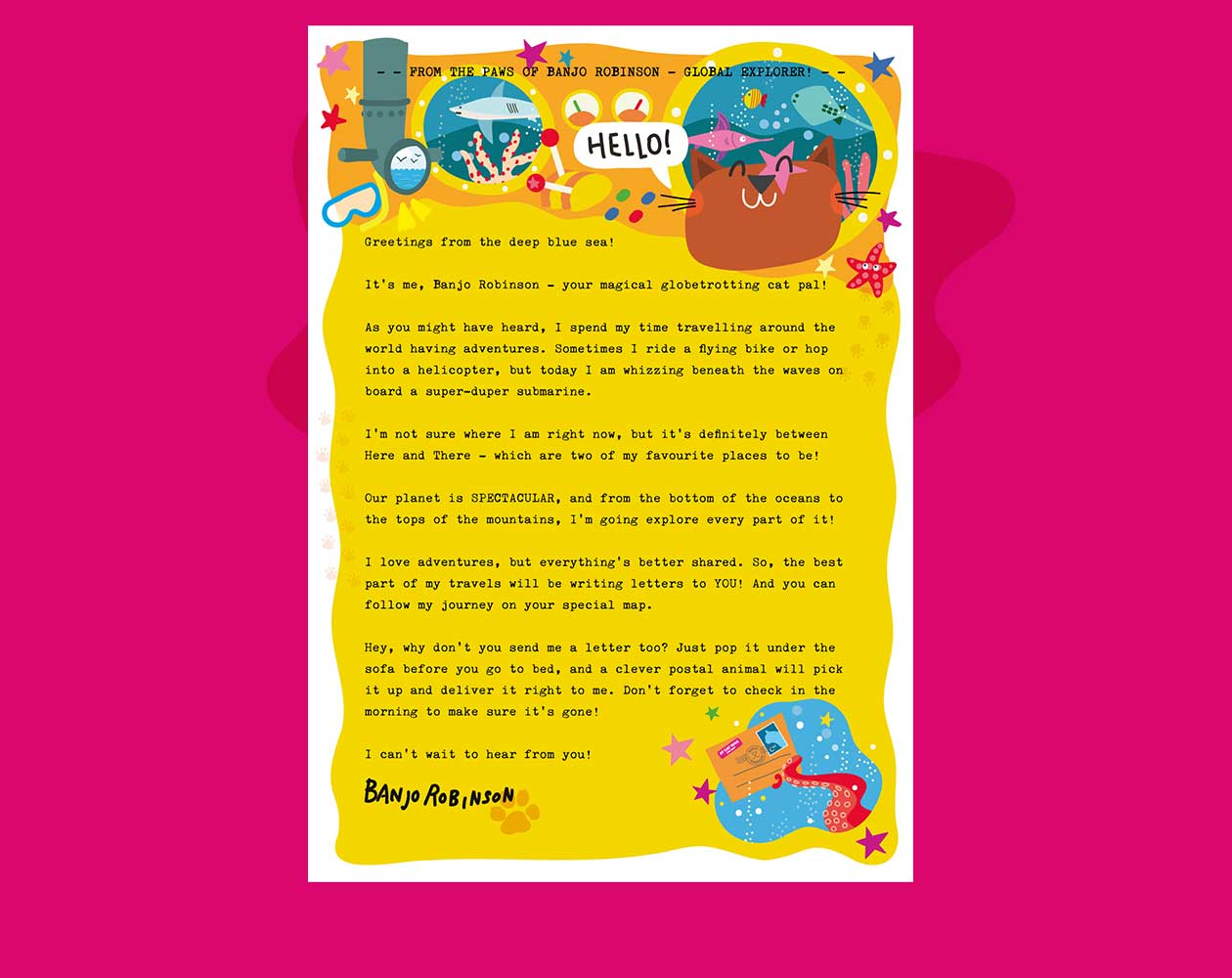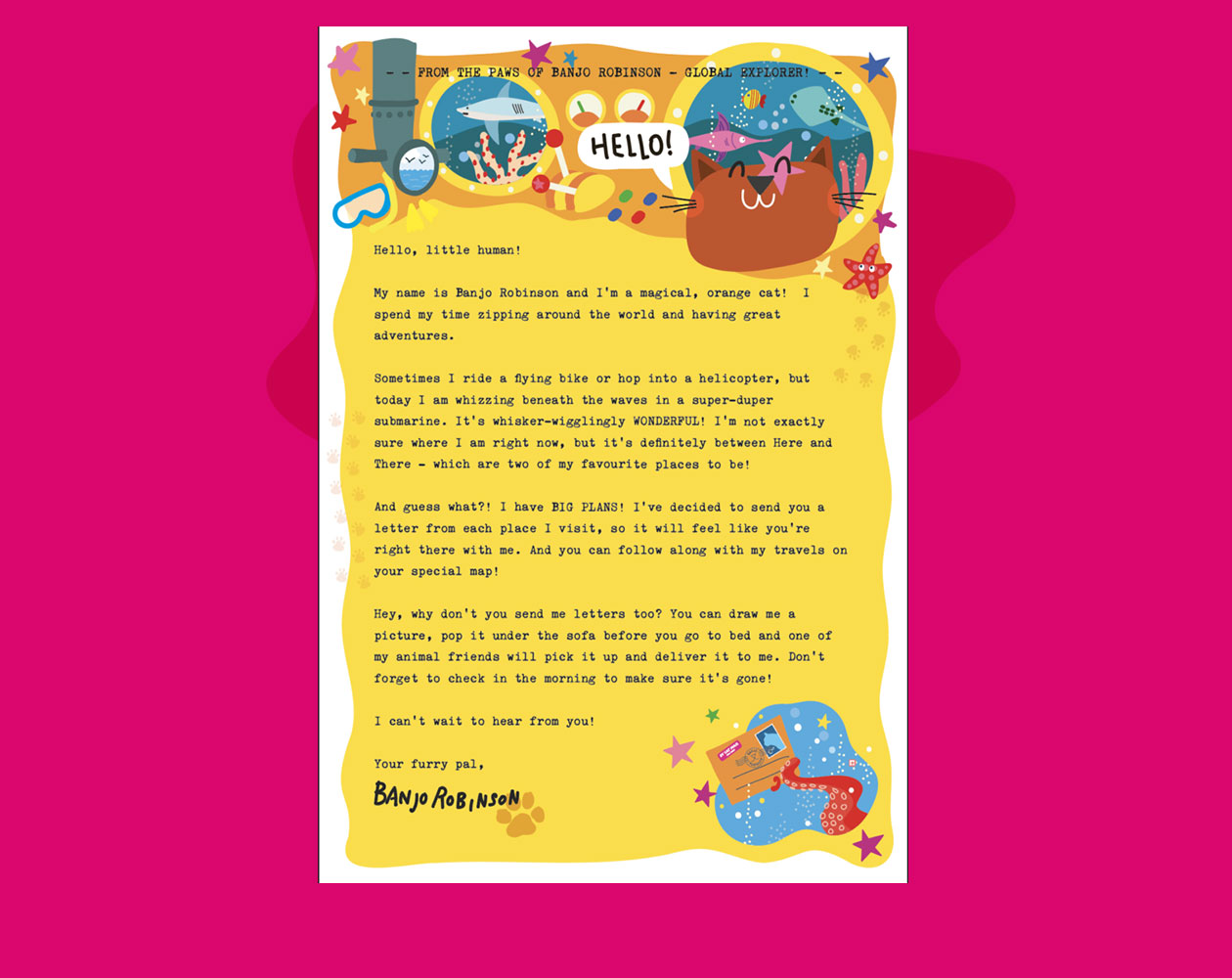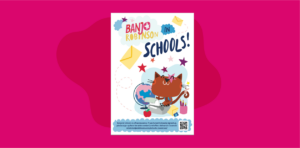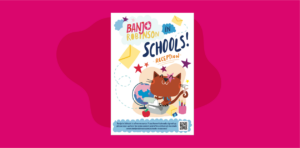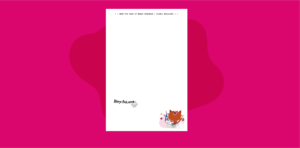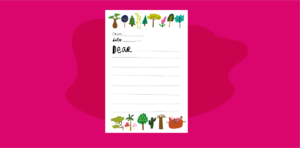Celebrating the Joy of Poetry with your Child
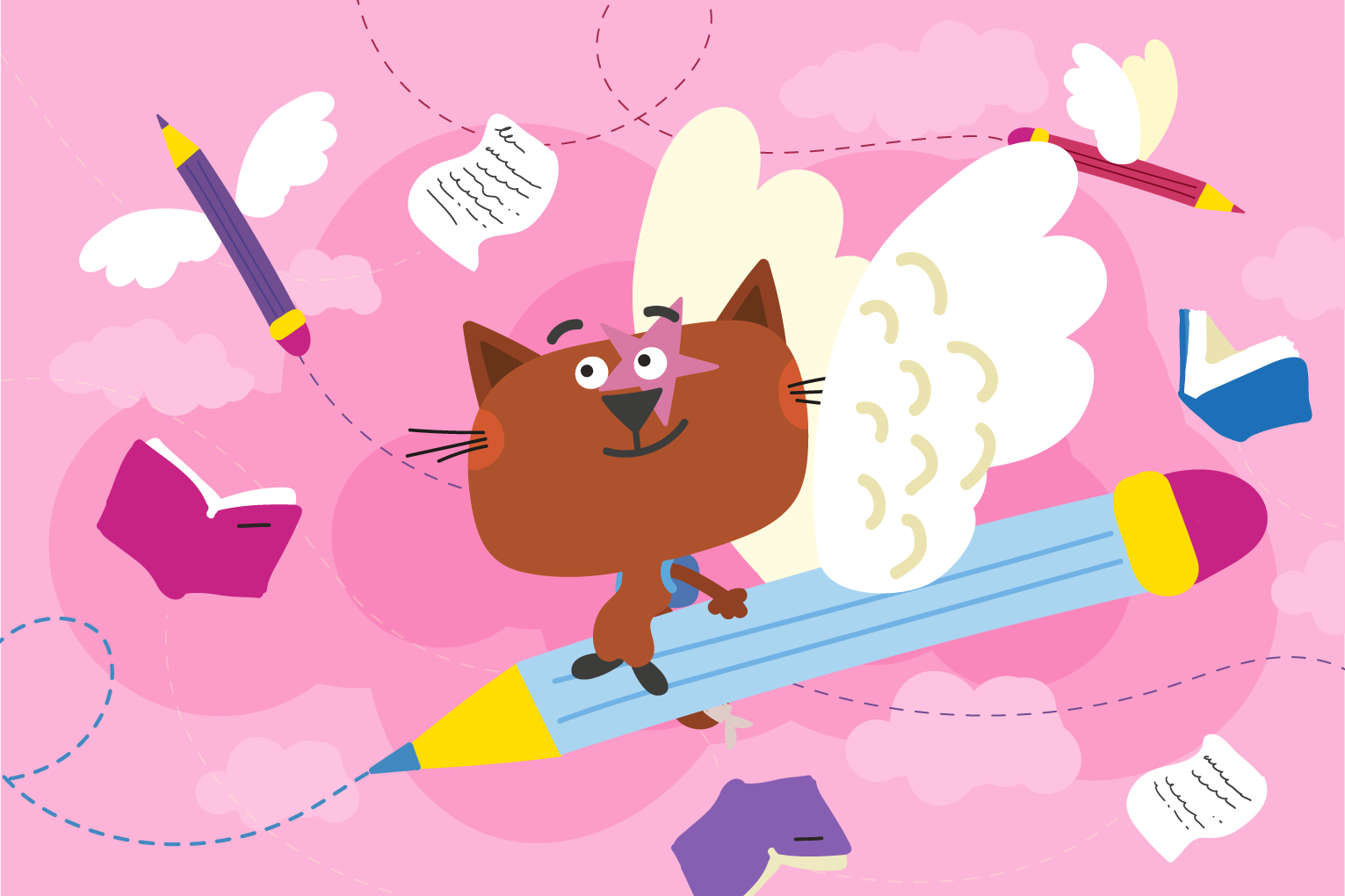
From rhyming picture books to pop songs on the radio, poetry is everywhere in your child’s life and today – National Poetry Day – is a great time to celebrate reading it- and writing it too! There are lots of great benefits to introducing your little one to poetry.
The rhythms and rhyme schemes often used in children’s poetry can help to build reading confidence and develop literacy skills. Poetry also helps children to play with language, words and themes – and the sometimes-shorter length can help them feel less intimidated by the blank page! Reading and learning poems can also help develop their memory skills. A quick survey at Banjo HQ revealed that lots of team members remember a few lines (if not whole verses!) from their childhood!
Here are our top tips to get your kids into writing their own poems:
- Read some great poetry! From A A Milne and Edward Lear to Michael Rosen, Joseph Coelho and Valerie Bloom – there are some amazing poetry collections for you and your child to discover. Start by pick up an anthology at the library and discover which poets your child likes. Nose around YouTube and you can also find some lovely videos of poetry being performed by poets and actors.Ask your child to draw a picture of whatever pops into their mind when they are listening to poetry. Encourage them to ask you questions if there’s anything they don’t understand. This is a great way of showing how much can be conveyed on only a few lines!
- Ask your child to draw a picture of whatever pops into their mind when they are listening to poetry. Encourage them to ask you questions if there’s anything they don’t understand. This is a great way of showing how much can be conveyed on only a few lines!
- Find some examples of different types of poems from nursery rhymes limericks to haikus and rap! Can you change some of the words in your favourites to create new poetry?
- Put pencil to paper! To get them started, you can discuss a theme (or title) for their poem and write or draw things related to that theme to get them warmed up. You can also give them some sentence starters to get them going – or start with an acrostic poem which provides a useful framework for their first tries.
- Finally, our top tip is to write alongside your child. By modelling the importance of having a go (and not judging yourself harshly if you find it difficult!), they will feel more encouraged to try it out themselves. You can offer helpful feedback to each other too, and work on polishing up your first drafts together in advance of a family performance if you like too!
Check out this free printable which explains a few different types of poetry too!
We can’t wait to see what your little ones create this National Poetry Day!
Stay FANTASTIC!
Lots of love, Banjo HQ x
